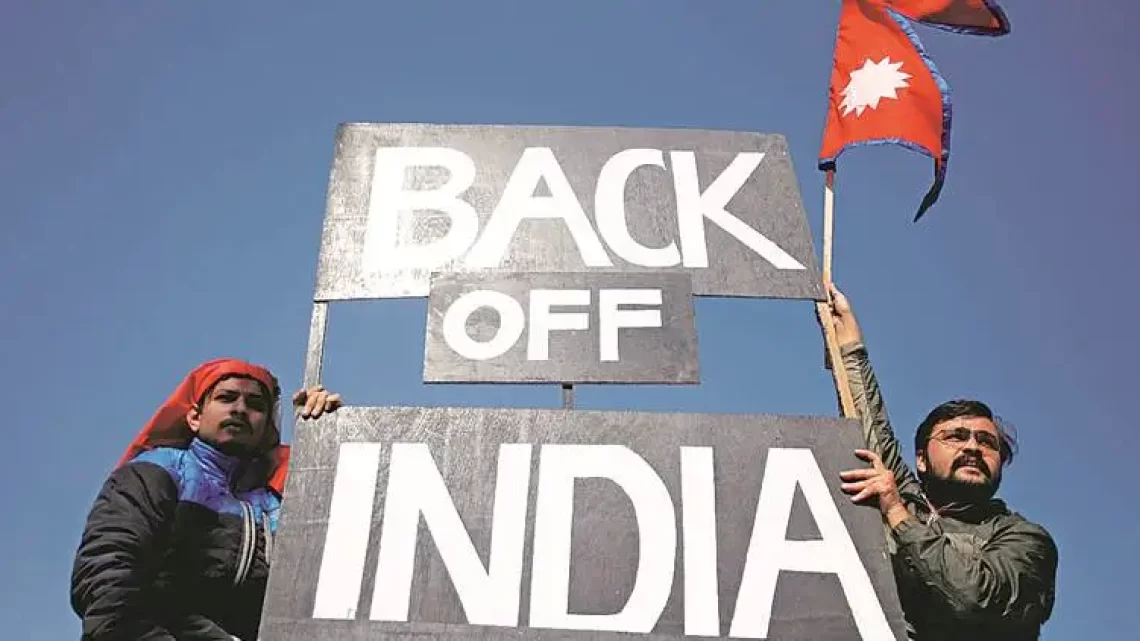
Nepal Too Protests Against Release of India’s Controversial Political Map
June 14, 2024India’s political manoeuvres have reignited regional tensions following the release of a new political map. On November 2, India unveiled an updated map that includes Kalapani, a territory claimed by Nepal. Nepal’s Ministry of Foreign Affairs (MOFA) swiftly condemned this move, issuing a press statement asserting that “the Kalapani is a part of Nepal” and that India’s actions violate the 1816 Sugauli Treaty.
Kalapani, a 35 square kilometre area under Indian control in Uttarakhand’s Pithoragarh district, holds strategic significance. The region lies at the trijunction of Nepal, India, and China, making it a sensitive area geopolitically. Historically, the 1816 Sugauli Treaty, which marked the Kali River as the western boundary between Nepal and the East India Company, established Nepal’s claim over Kalapani. Despite this, Indian forces occupied the region following the 1962 Sino-Indian War and have remained there since, much to Nepal’s dismay.
The controversy over Kalapani is not new. India has included Kalapani and other disputed areas within its borders since 1905, disregarding Nepal’s territorial sovereignty. Despite historical evidence and past surveys indicating Nepal’s ownership, India continues to assert control over Kalapani, exacerbating tensions.
Adding to the complexity, the Kali River, which originates in Kalapani, was previously omitted from Indian maps but has now been included, further challenging Nepal’s claims. Nepal’s MOFA insists that these actions contravene historical agreements and highlight India’s disregard for Nepal’s territorial rights.
The broader implications of this dispute extend to Nepal’s relations with its neighbors, India and China. Nepal’s concerns are not limited to Kalapani; Lipu Lekh, another strategically vital area, has been used as a trading route between India and China since 2015, without Nepal’s consent. This has heightened suspicions about both India and China’s intentions towards Nepal.
Experts like Ashok Swain, a professor of peace and conflict research, argue that India’s actions are self-defeating, pushing Nepal closer to China at a time when regional alliances are shifting. Nepal’s constitutional expert Bipin Adhikari strongly opposes India’s claims, urging a reversion to the status quo prior to the Sino-Indian War. He emphasizes that Kalapani, Lipu Lekh, and Limphuyadhara are undisputed territories of Nepal.

